Bugesera Farmers Praise Agriculture Insurance for Shielding Them from Losses, Urge Others to Join
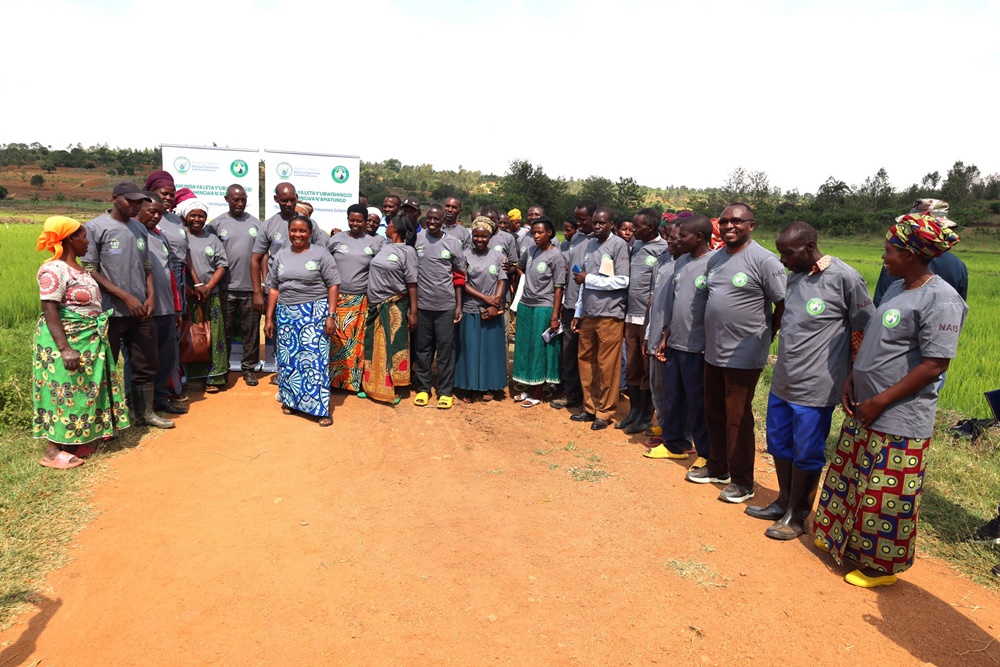
Farmers and livestock keepers in Bugesera District are hailing the National Agriculture Insurance Scheme (NAIS), locally known as “Tekana Urishingiwe Muhinzi-Mworozi” (“Smallholder farmer, feel safe, you are insured”), for protecting them from devastating losses caused by climate change, crop pests, and livestock diseases. Many say the program has restored their confidence in farming and are urging their peers to join.
The insurance scheme, launched in 2019 by the Ministry of Agriculture and Animal Resources (MINAGRI), is implemented by the Rwanda Agriculture and Animal Resources Development Board (RAB) through its Single Project Implementation Unit (SPIU) in collaboration with private insurance companies. The program provides a 40 percent government subsidy to make agricultural insurance affordable for smallholder farmers.
The campaign to mobilize farmers to enroll in the scheme ahead of Season A 2026 is currently underway in the Eastern Province, including Bugesera, where RAB officials are working with local authorities to raise awareness about the program’s benefits.
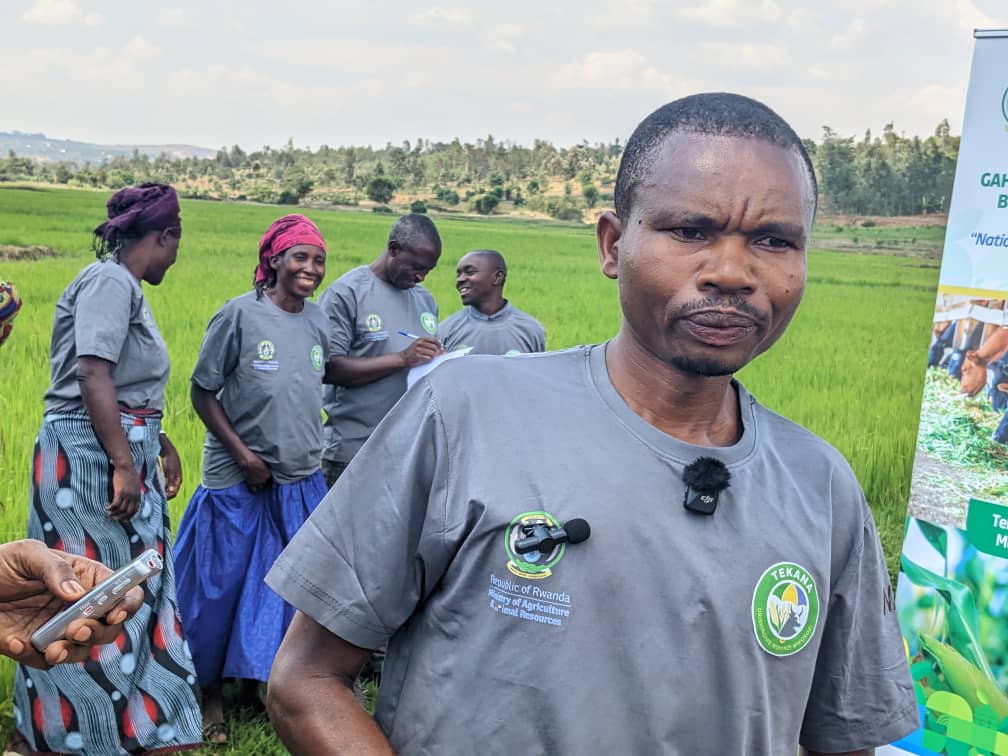
In Mareba Sector’s Bushenyi Cell, farmer Edouard Bamporiki said agricultural insurance has saved him from financial ruin several times.
“I grow maize, chili, and beans; I insure all of them. I also raise cows, pigs, and chickens, and they’re insured too,” he said. “I started in 2020 by insuring rice. I had a problem that season, and the insurance company compensated me. Since then, I have fully understood the benefits of insurance.”
Bamporiki farms in the Bigaga swamp, an area frequently hit by both drought and floods.
“Here in Bugesera, we live where the sun is always shining, and when rain comes, it can destroy everything. Only if you have insurance will they pay you. I encourage others to get coverage too.”
He recalled losing part of his chili harvest recently.
“I planted two hectares of chili and invested 206,000 RWF. I expected 14 tonnes but harvested only five. The reimbursement helped me recover and continue farming.”
“Insurance gives us hope,” said Bamporiki. “Even when the weather changes or diseases strike, we know we’ll recover.”
Cooperatives See Real Benefits
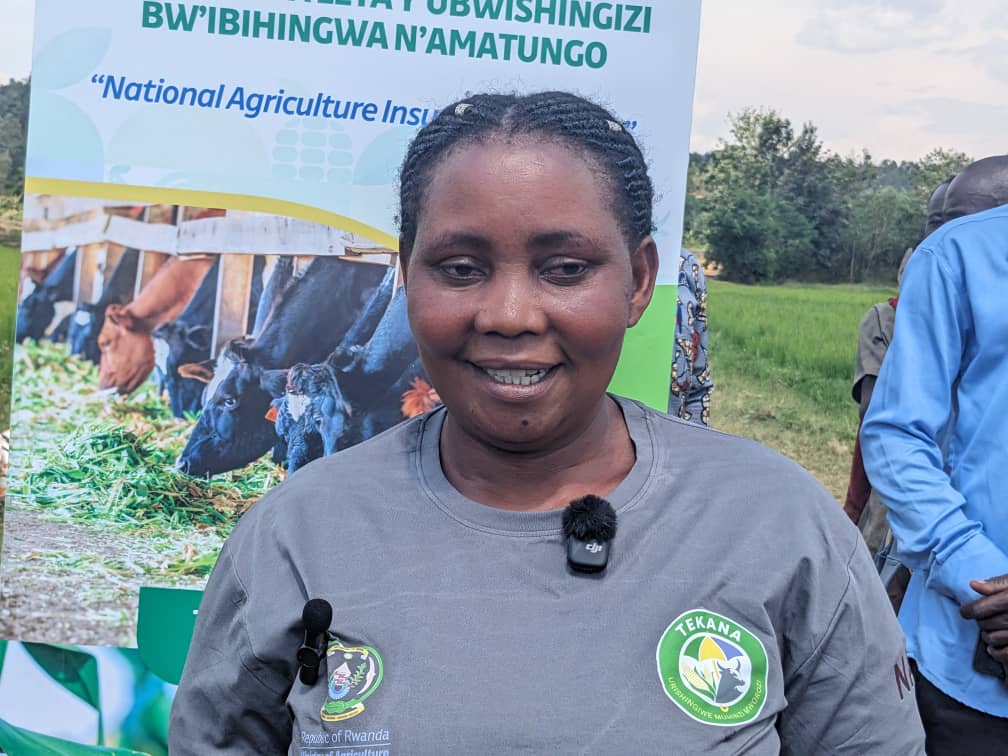
At Ize-Mugema Cooperative, which grows maize, rice, beans, soybeans, and vegetables, the impact of insurance is clear.
Cooperative president Beatha Ntabanganyimana said the group joined NAIS after learning about it through sensitization campaigns.
“We insure our crops because climate change often causes severe losses. Before, when drought struck, we couldn’t harvest anything,” she said. “Now, things are different. In Season B of 2024, we insured over 20 hectares of maize and received three million Rwandan francs in compensation due to drought. This program truly helps farmers recover.”
She added that insurance gives the cooperative financial stability and encourages members to expand production.
“We encourage other farmers and cooperatives to join this program because we’ve seen its benefits.”
Livestock Farmers Find Stability
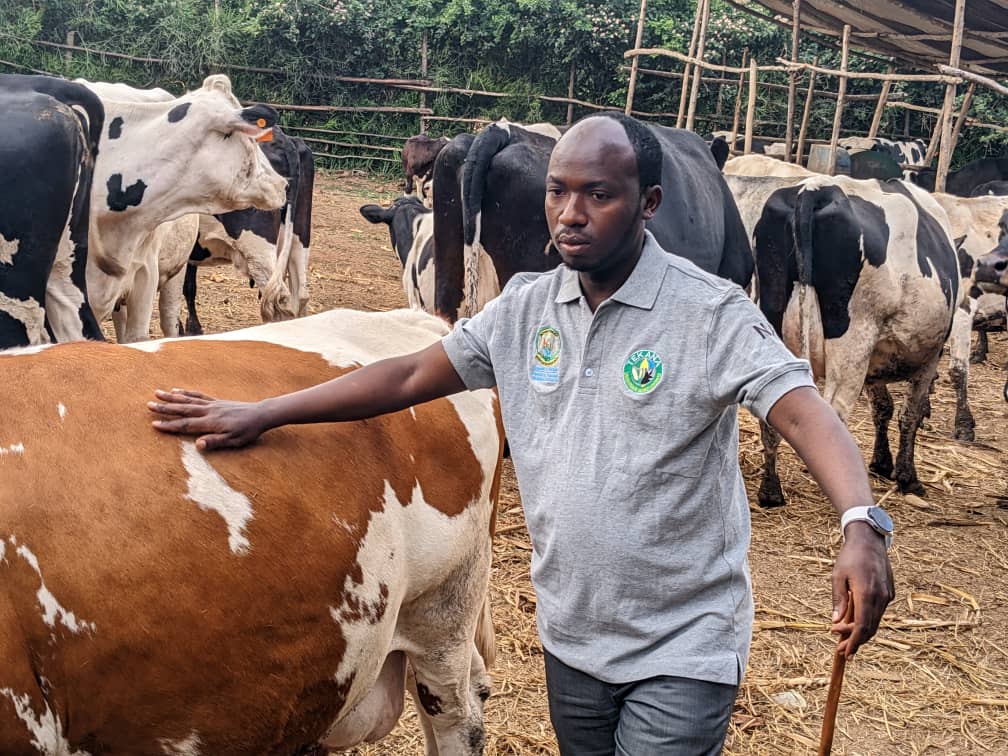
For Isaac Mahoro, a livestock farmer from Nyamata Sector, insurance has brought peace of mind after years of heavy losses.
“Since 2019, I’ve lost more than ten cows to diseases, but ‘Tekana Urishingiwe Muhinzi-Mworozi’ reimbursed me 15 million RWF,” he said. “Before this program, I would lose everything and even thought about quitting. Today, I’ve insured more than 40 cows. Because the government pays 40 percent and I cover 60 percent, it’s affordable and gives me confidence to keep investing.”
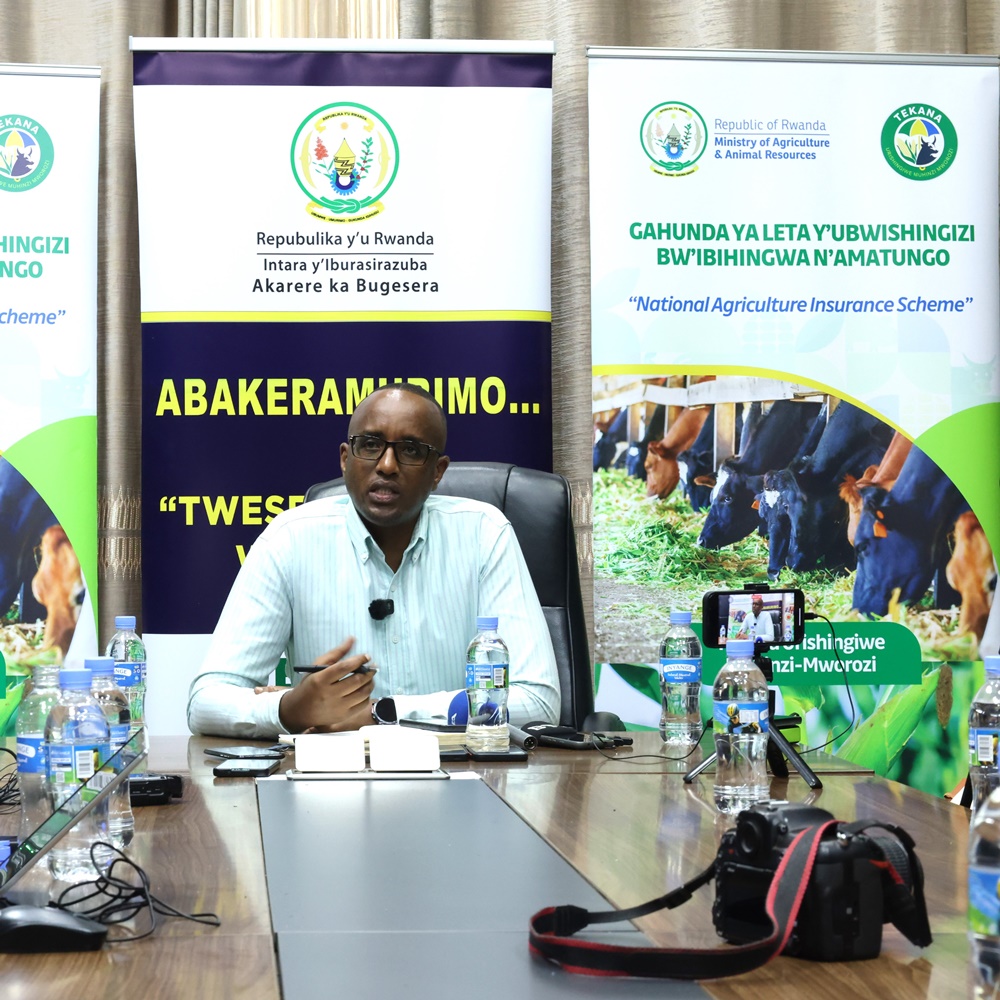
Bugesera District Mayor, Richard Mutabazi, said that although progress has been made, more awareness is still needed.
“Many citizens are still learning about this insurance program, which is why the number of insured farmers is still low,” he said. “In livestock insurance, we’re at 21% for cattle, 97% for pigs, and 91% for poultry. For crops, about 25% of maize farmers and 63% of rice farmers are insured.”
The district plans to continue using testimonies from beneficiaries to encourage others.
“This insurance is crucial for the sustainability of agriculture and livestock farming. We are intensifying mobilization and using those who’ve benefited to inspire others,” he added.
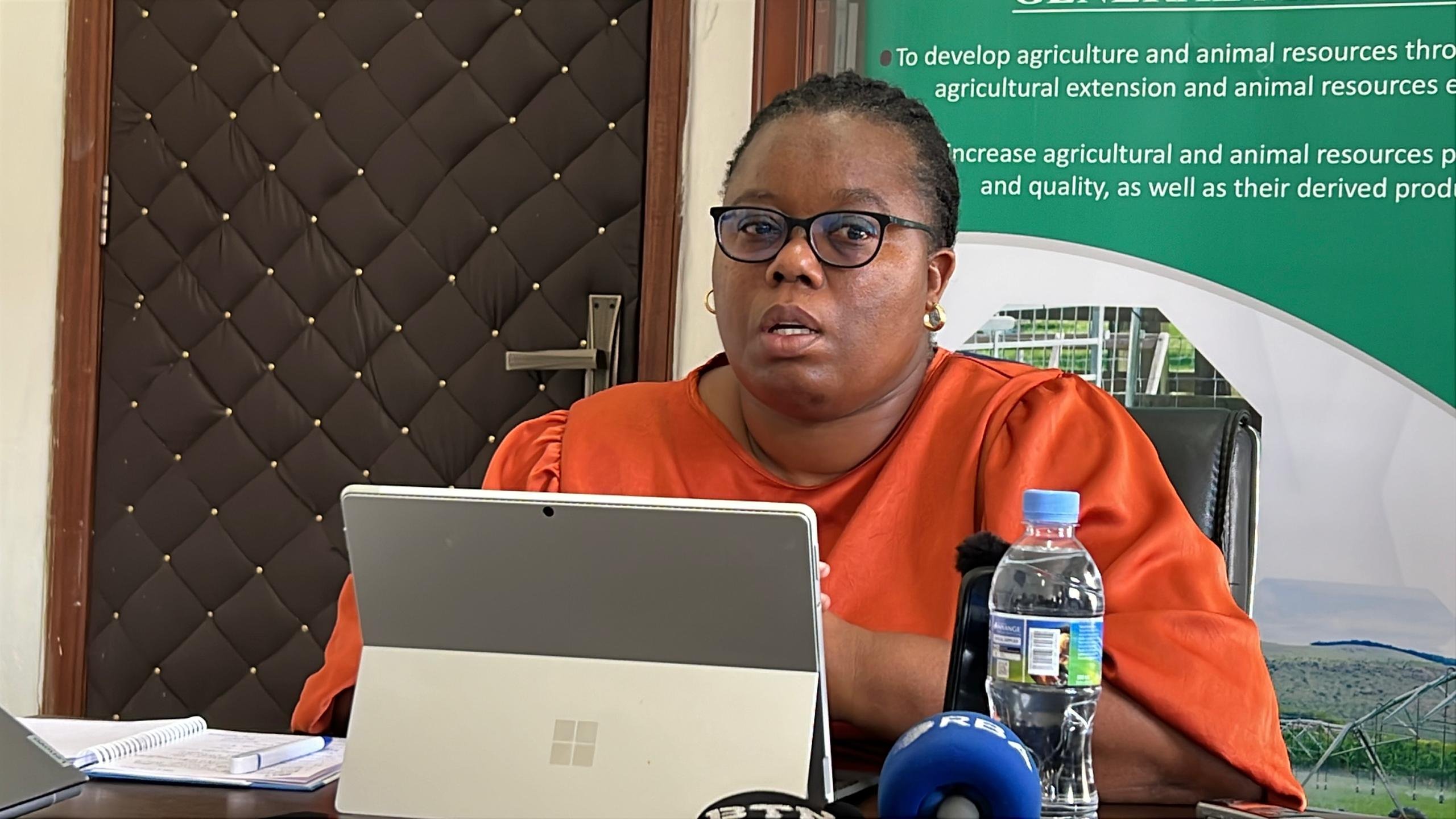
According to Dr. Solange Uwituze, Acting Director General of RAB, the insurance initiative is a key pillar in building climate resilience among Rwandan farmers.
“The National Agriculture Insurance Scheme was designed to help farmers cope with the increasing effects of climate change,” she said. “It ensures that when disasters occur, farmers can recover quickly and continue producing.”
Dr. Uwituze emphasized that the program is not just about compensation but also about transforming agriculture into a more secure and bankable sector.
“Insurance allows farmers to access credit more easily because their assets are covered. Currently, 18 financial institutions including banks, MFIs, and SACCOs are partnering with us to provide affordable loans under this scheme,” she noted.
She added that this aligns with Rwanda’s National Strategy for Transformation (NST2), which targets increasing agricultural lending from six to ten percent by 2029.
“Agriculture remains the backbone of our economy. Through this program, we’re empowering farmers to invest confidently and adopt sustainable practices that withstand climate shocks,” Dr. Uwituze said.
Nationwide Impact
Since its launch, NAIS has insured around 189,734 farmers and livestock keepers, representing about six percent of all farmers in Rwanda. The government has invested over RWF 5.95 billion in subsidies, while RWF 8.19 billion has been paid in compensation, including RWF 3.57 billion for livestock and RWF 4.62 billion for crops.
The scheme currently covers major crops such as rice, maize, potatoes, beans, chili, soybeans, French beans, and cassava, as well as livestock including cattle, pigs, poultry, and fish.
By protecting farmers from natural and market risks, the program is helping to transform agriculture into a more resilient and financially viable sector, one that allows farmers like Bamporiki, Beatha, and Mahoro to farm with confidence.
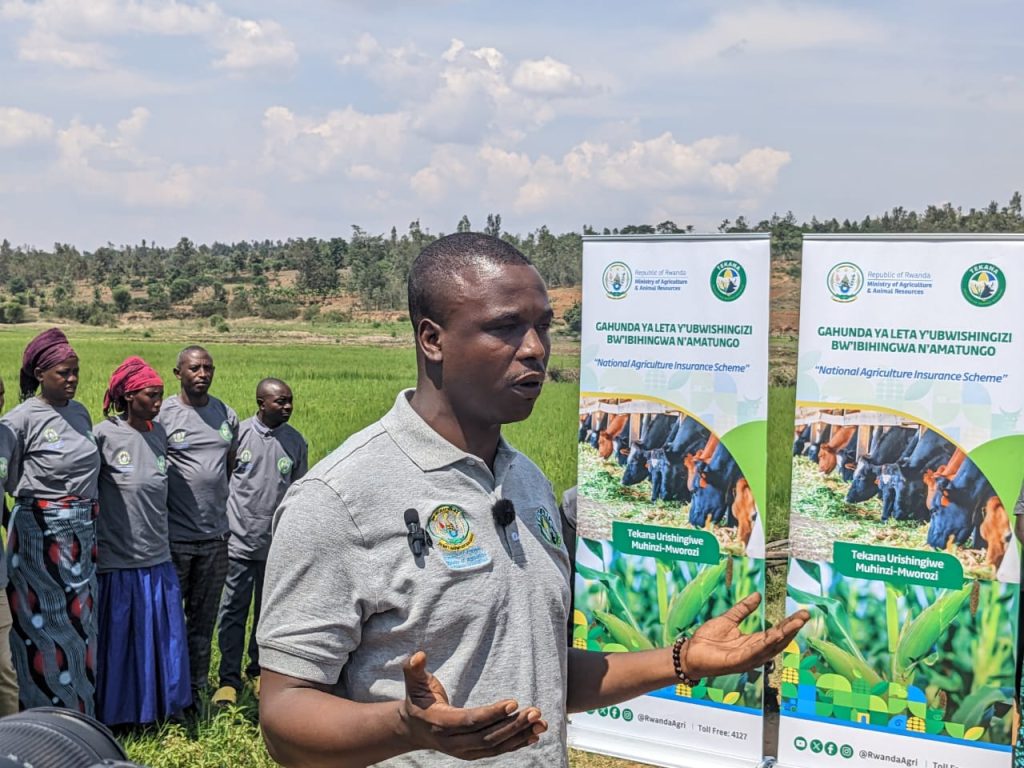
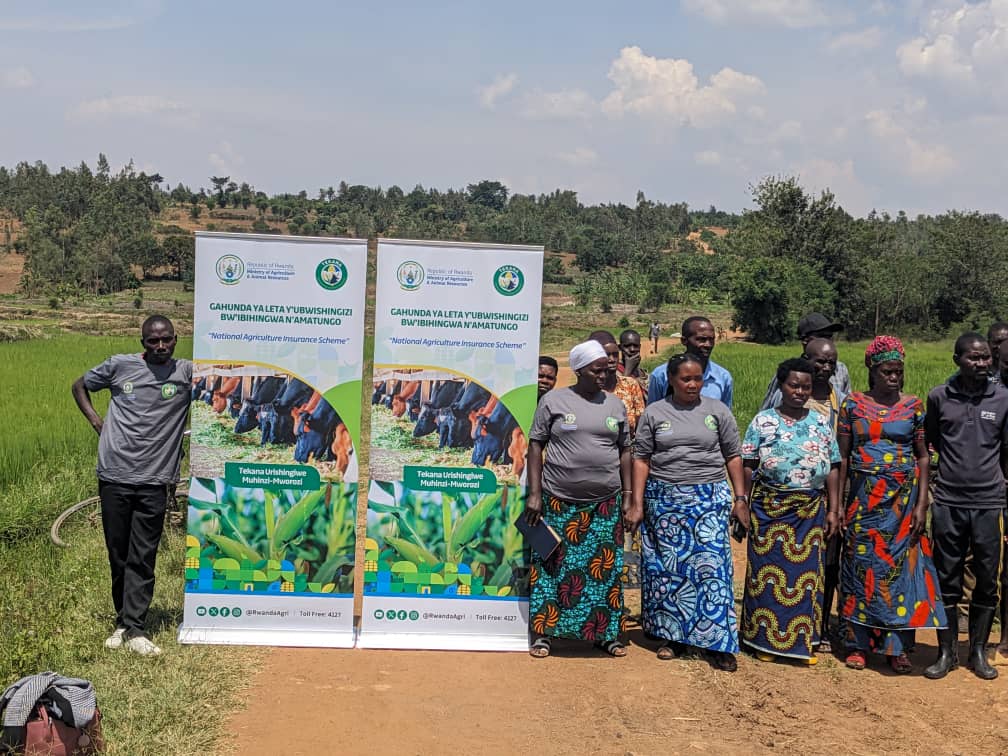
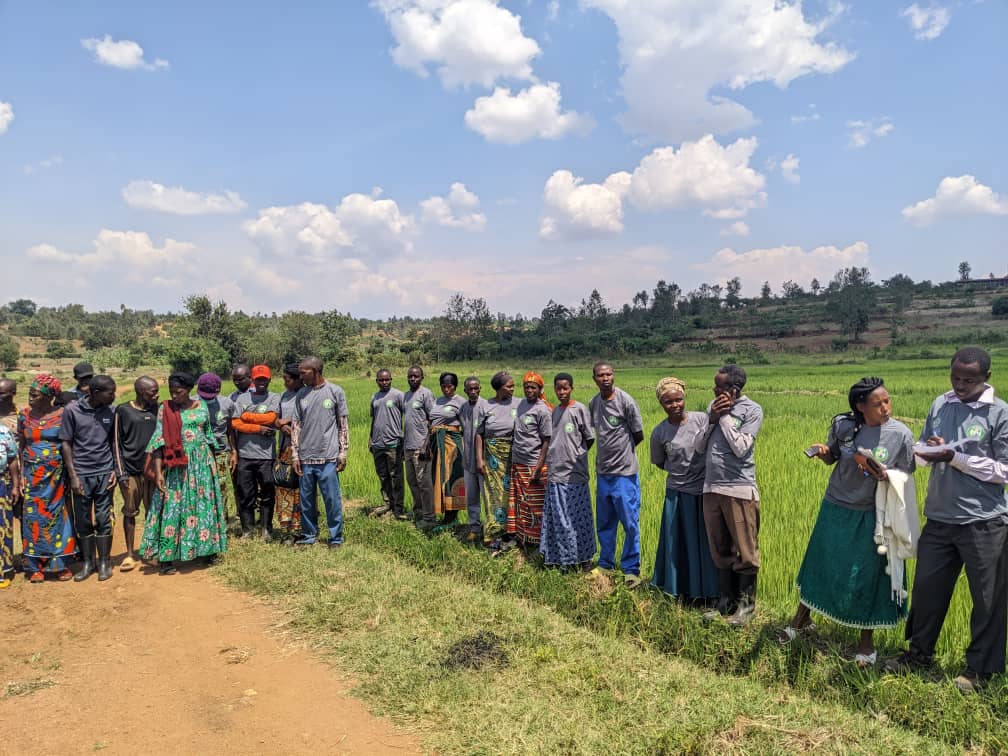
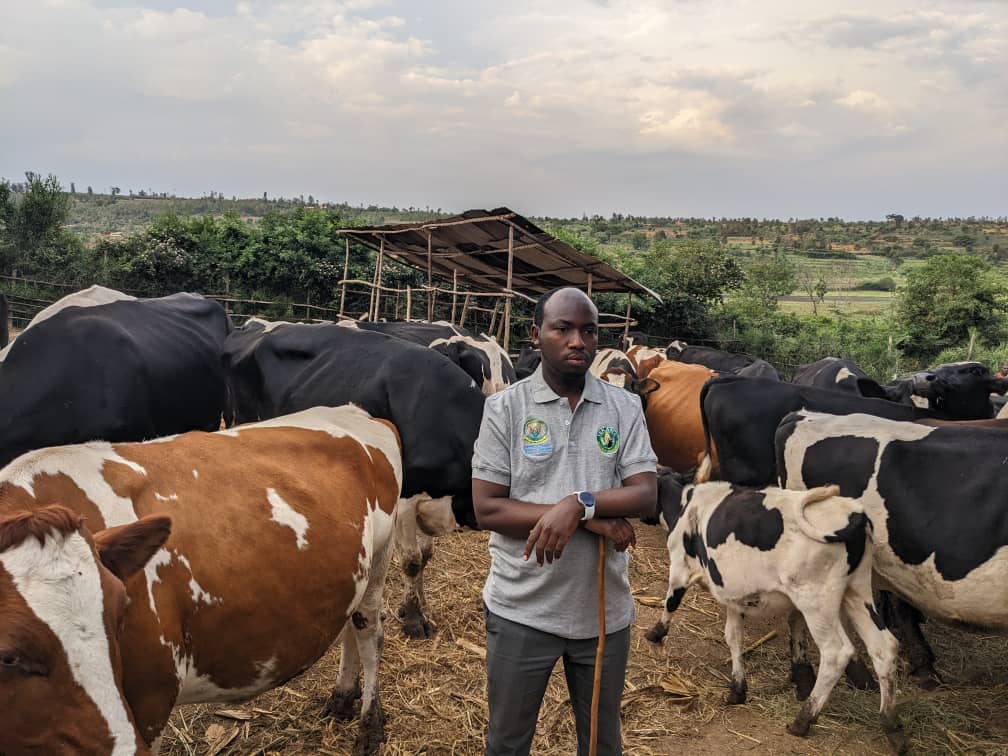

SUBSCRIBE TO OUR NEWSLETTER












